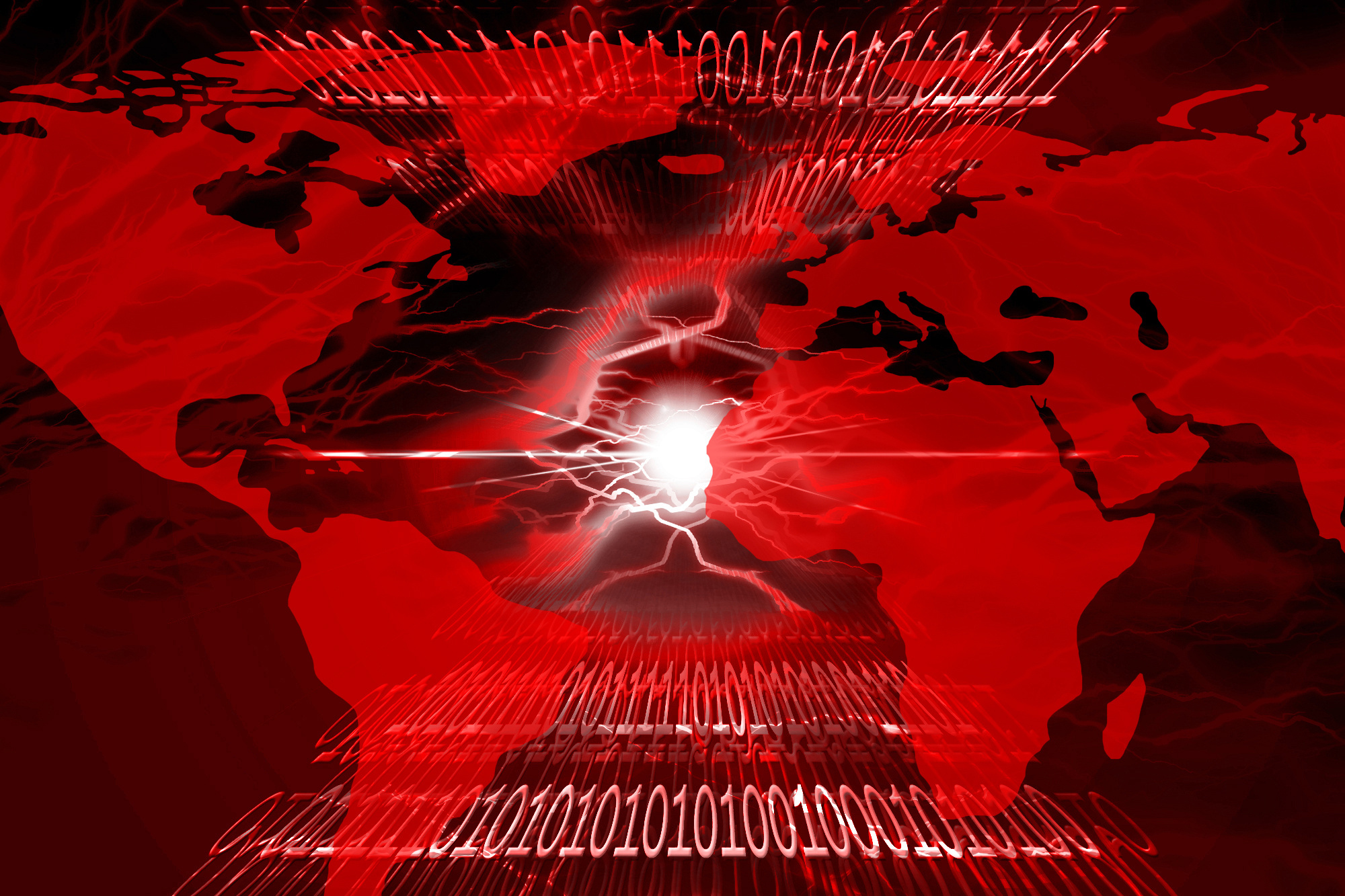Cyber war: Modern warfare 2.0
This is no game. Call it Modern Warfare 2.0 or call it cyber war, the reality is that everyone is talking about it. But what is cyber war, are we fighting one and how can businesses best protect themselves from the fallout?


Anyone with an interest in technology and politics would need to be living in a cave not to have noticed an alarming increase in cyber war rhetoric of late.
On one hand we have the House of Lords claiming the 'electronic defences' of the UK would survive a cyber attack, and on the other Baroness Neville-Jones, Shadow Security Minister and National Security Adviser to David Cameron, telling us "neither the government nor the private sector can completely control or protect the country's information infrastructure".
And things are just as confused in America where Michael McConnell, a former Director of National Intelligence reckons that the US is engaged in a cyber war it's losing while President Obama's new cyber security csar, Howard Schmidt, insists there's no cyber war and what's more it's a terrible concept to begin with.
No wonder the man on the street is confused if even the people who are supposedly closest to the front line cannot agree on anything.
Let's see if the experts can agree, at least, on the definition of cyber war.
Cyber what?
The Bipartisan Policy Centre simulated a full of cyber attack recently under the name of 'Cyber Shockwave' and as a result of that simulation some security experts have been calling on the government to establish firm definitions of cyber war so that a legally justifiable response can be considered.
Get the ITPro daily newsletter
Sign up today and you will receive a free copy of our Future Focus 2025 report - the leading guidance on AI, cybersecurity and other IT challenges as per 700+ senior executives
Dr Prescott Winter, former chief technology officer (CTO) of the National Security Agency (NSA) and currently CTO for Public Sector at ArcSight, told us that cyber war has been extremely difficult to define, confiding that the US government has been wrestling with the problem for some time "without coming to a clear answer".
The problem, according to Dr Winter, is one of determining the ultimate origin of the hostile actions or their intent, of establishing unambiguous attribution.
"This is because an attack can be launched from computers other than those of the attacker, often with multiple levels of concealment," he explains, concluding that it makes it very difficult to determine if an act is criminal, espionage related or one of warfare.
Neil Fisher, vice president of global security solutions at Unisys and with a British Army background as well as having previously worked for a defence research organisation, goes further and argues that the term "cyber war" is nonsense from a legal perspective.
"To be in a legal state of war," Fisher told IT PRO "you must formally declare war."
A more accurate term would be cyber conflict perhaps, which is governed by the rule of law, not the law of war.
"Cyber conflict," Fisher continues, "is essentially the ability to affect the information flowing through the information infrastructure to cause damage to your adversary."
Davey is a three-decade veteran technology journalist specialising in cybersecurity and privacy matters and has been a Contributing Editor at PC Pro magazine since the first issue was published in 1994. He's also a Senior Contributor at Forbes, and co-founder of the Forbes Straight Talking Cyber video project that won the ‘Most Educational Content’ category at the 2021 European Cybersecurity Blogger Awards.
Davey has also picked up many other awards over the years, including the Security Serious ‘Cyber Writer of the Year’ title in 2020. As well as being the only three-time winner of the BT Security Journalist of the Year award (2006, 2008, 2010) Davey was also named BT Technology Journalist of the Year in 1996 for a forward-looking feature in PC Pro Magazine called ‘Threats to the Internet.’ In 2011 he was honoured with the Enigma Award for a lifetime contribution to IT security journalism which, thankfully, didn’t end his ongoing contributions - or his life for that matter.
You can follow Davey on Twitter @happygeek, or email him at davey@happygeek.com.
-
 Meta just revived plans to train AI models using European user data
Meta just revived plans to train AI models using European user dataNews Meta has confirmed plans to train AI models using European users’ public content and conversations with its Meta AI chatbot.
By Nicole Kobie
-
 AI is helping bad bots take over the internet
AI is helping bad bots take over the internetNews Automated bot traffic has surpassed human activity for the first time in a decade, according to Imperva
By Bobby Hellard